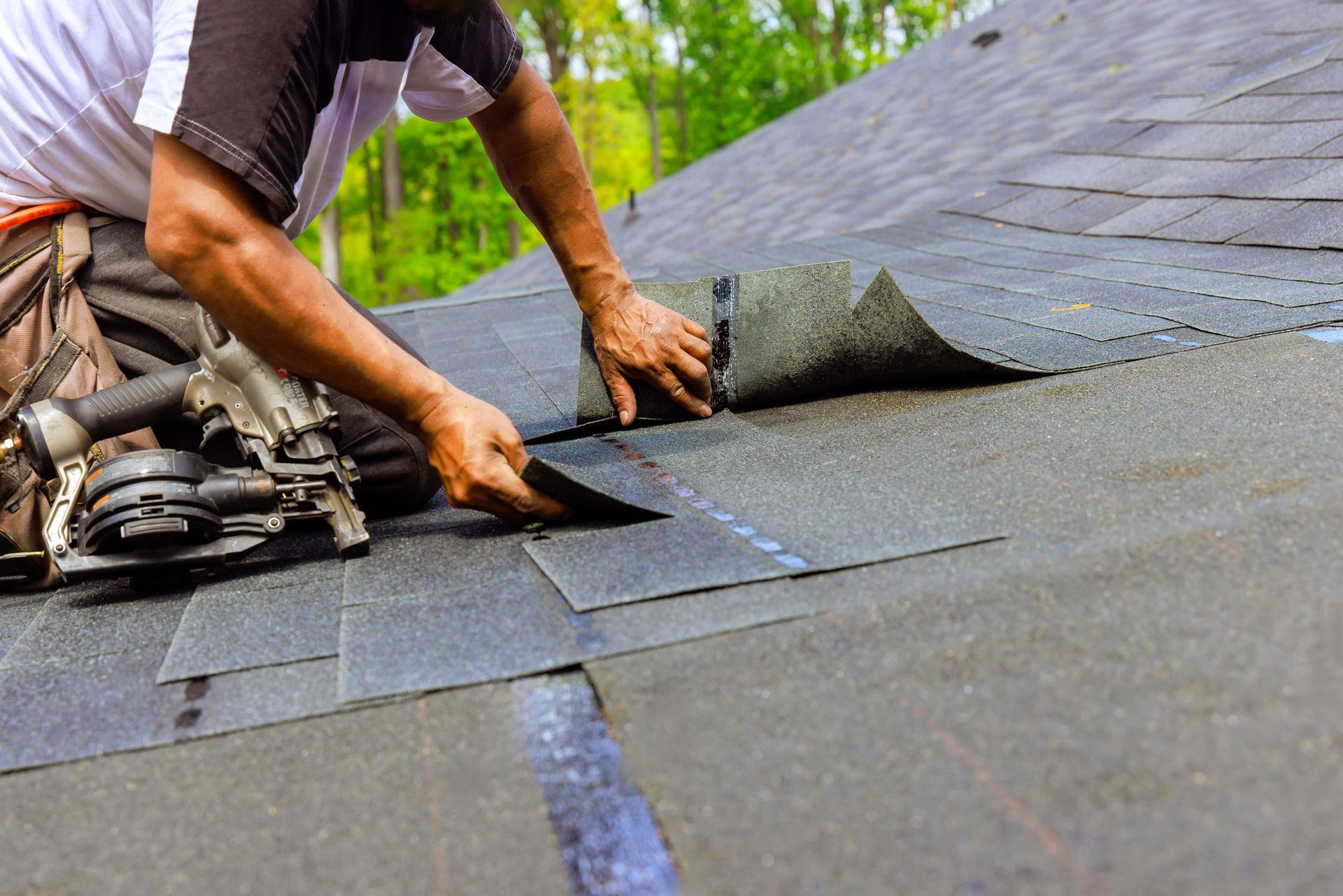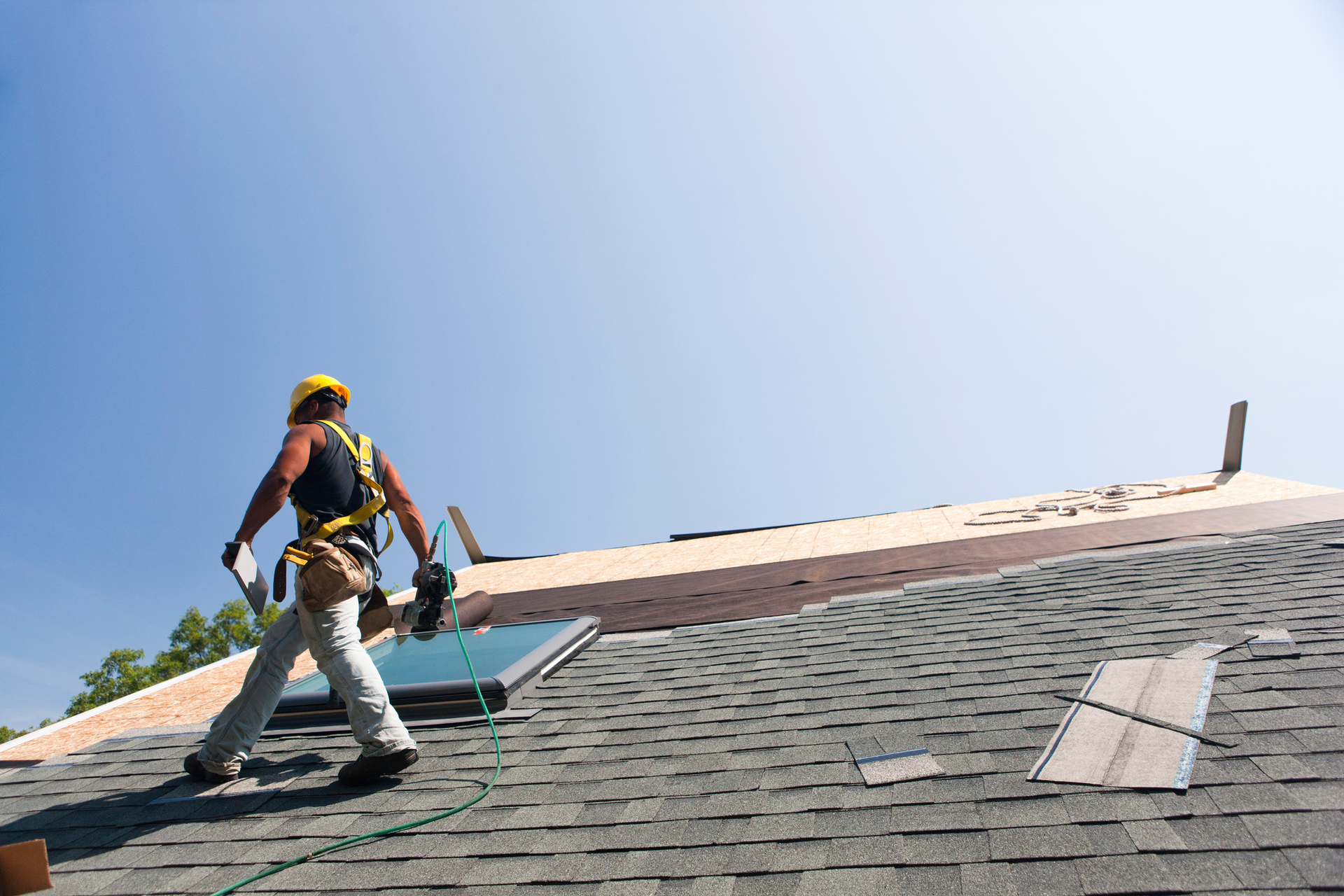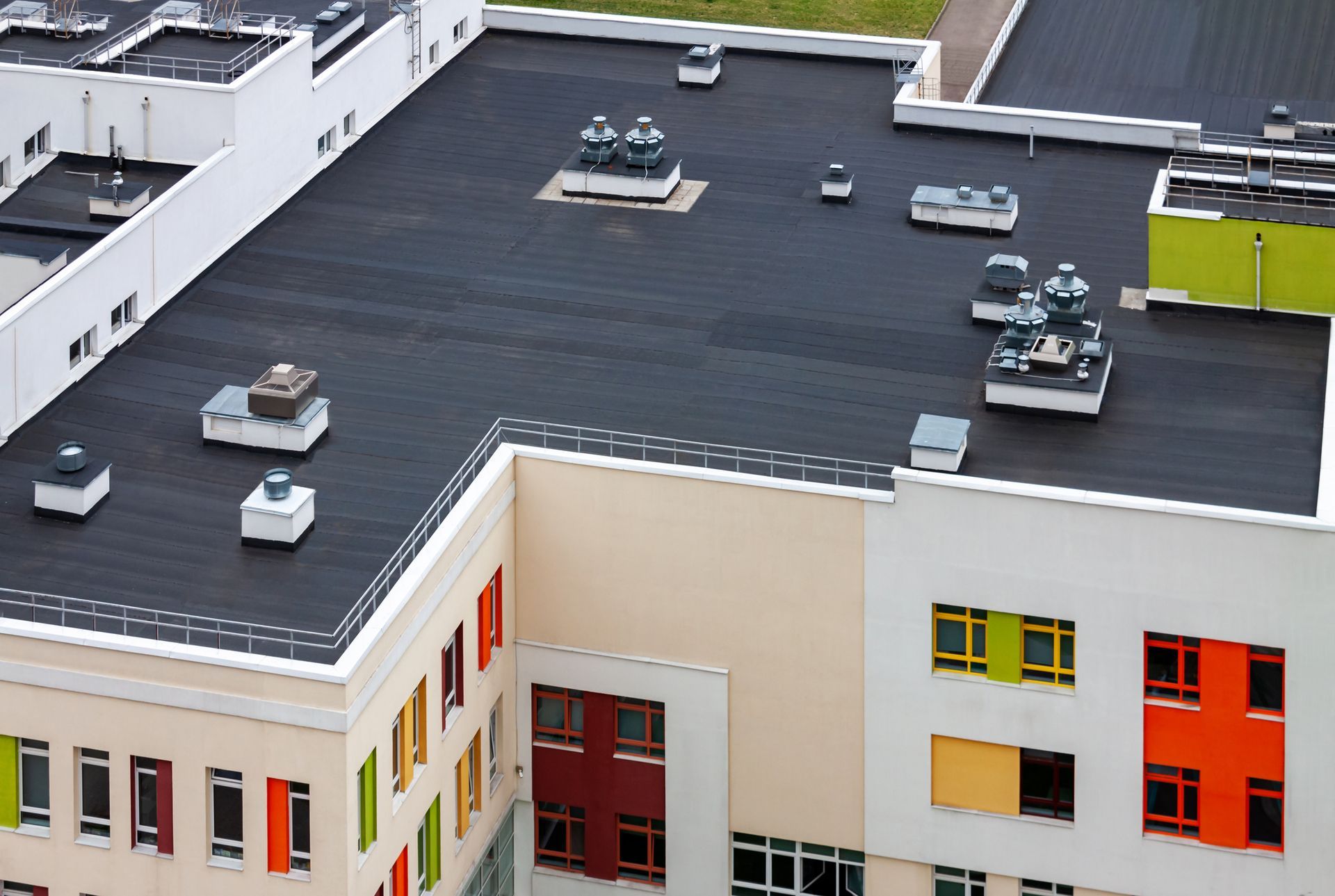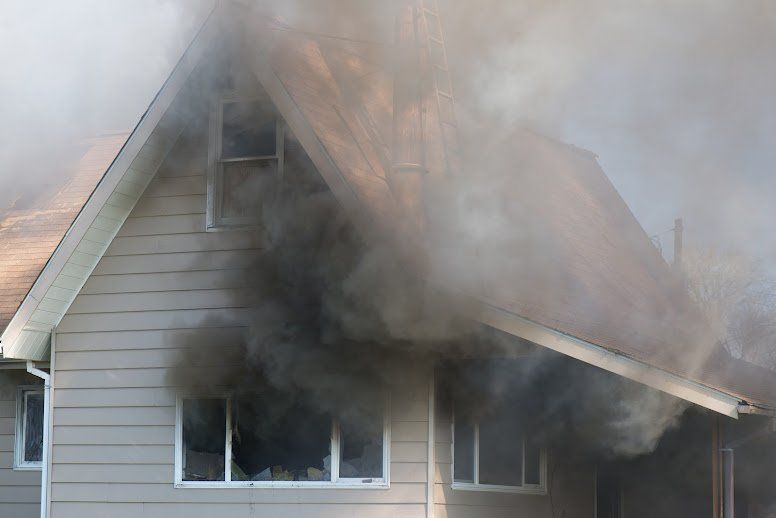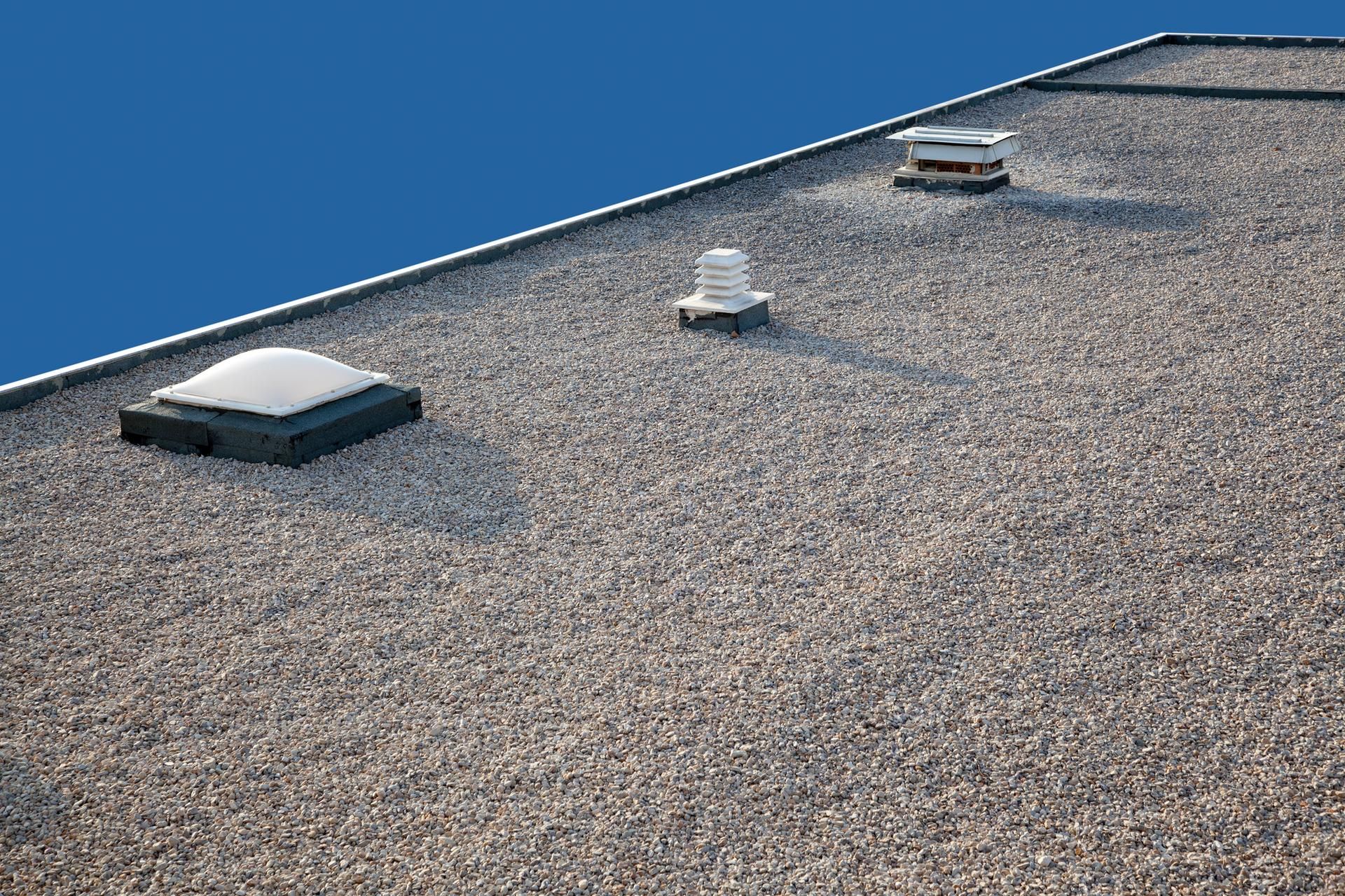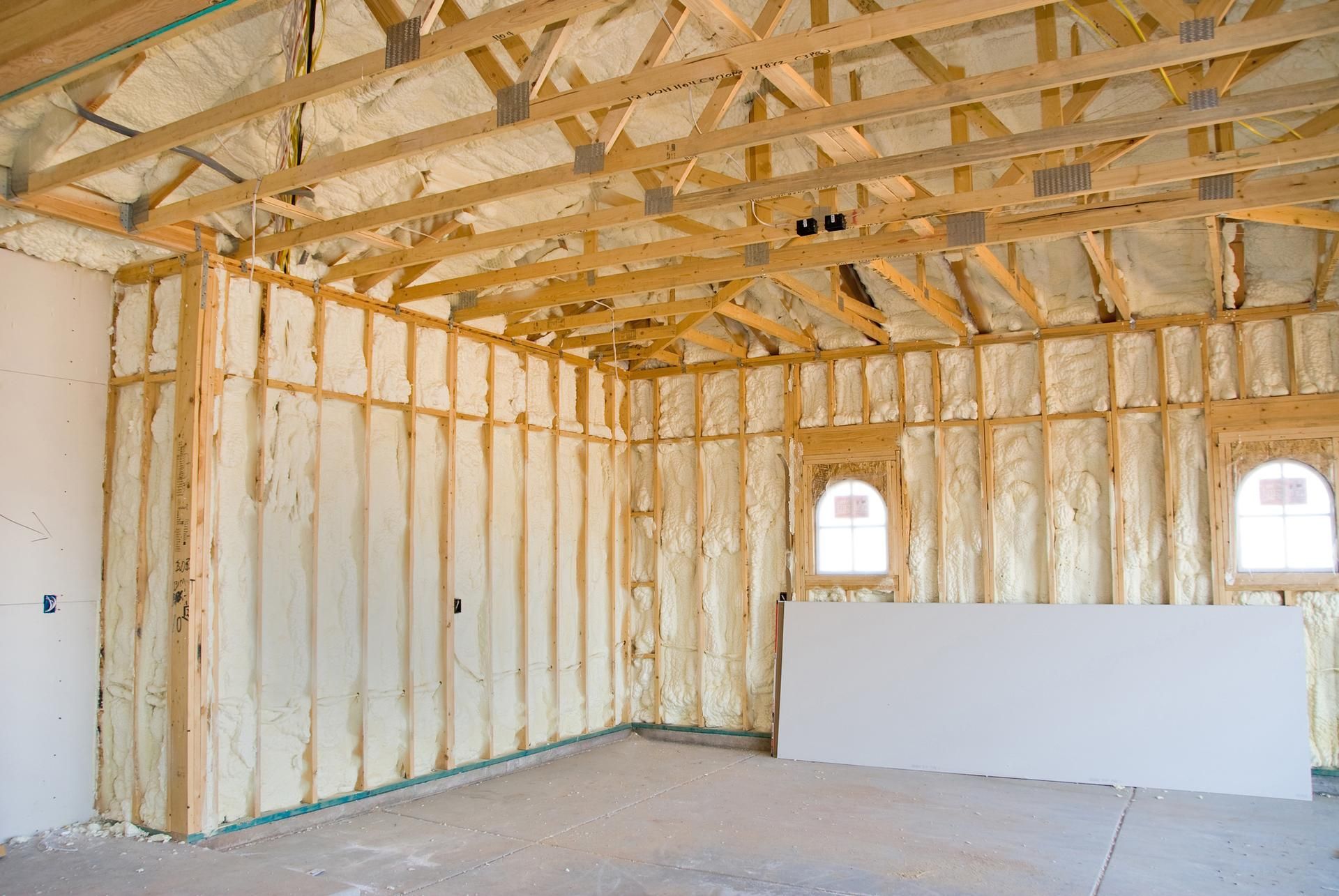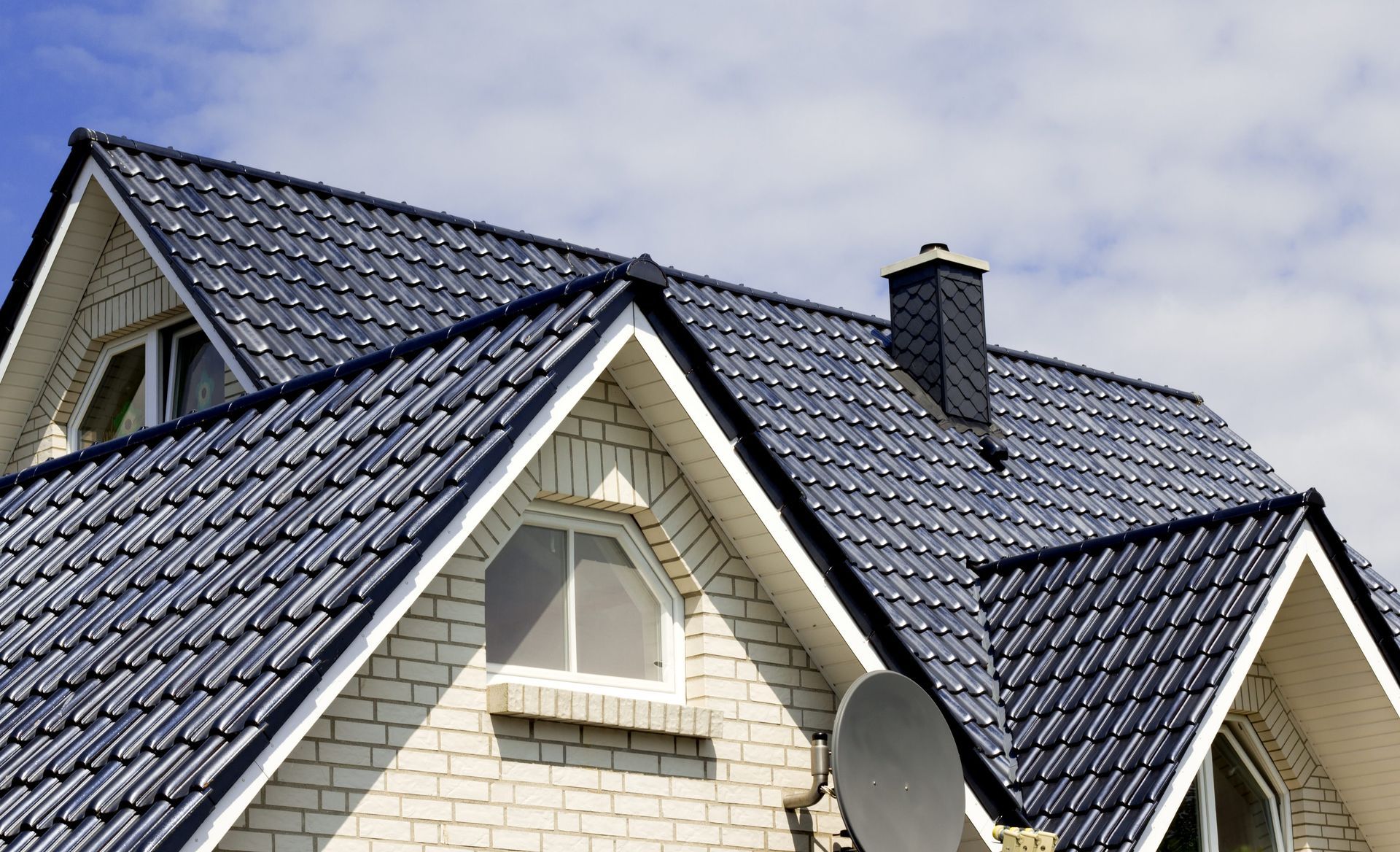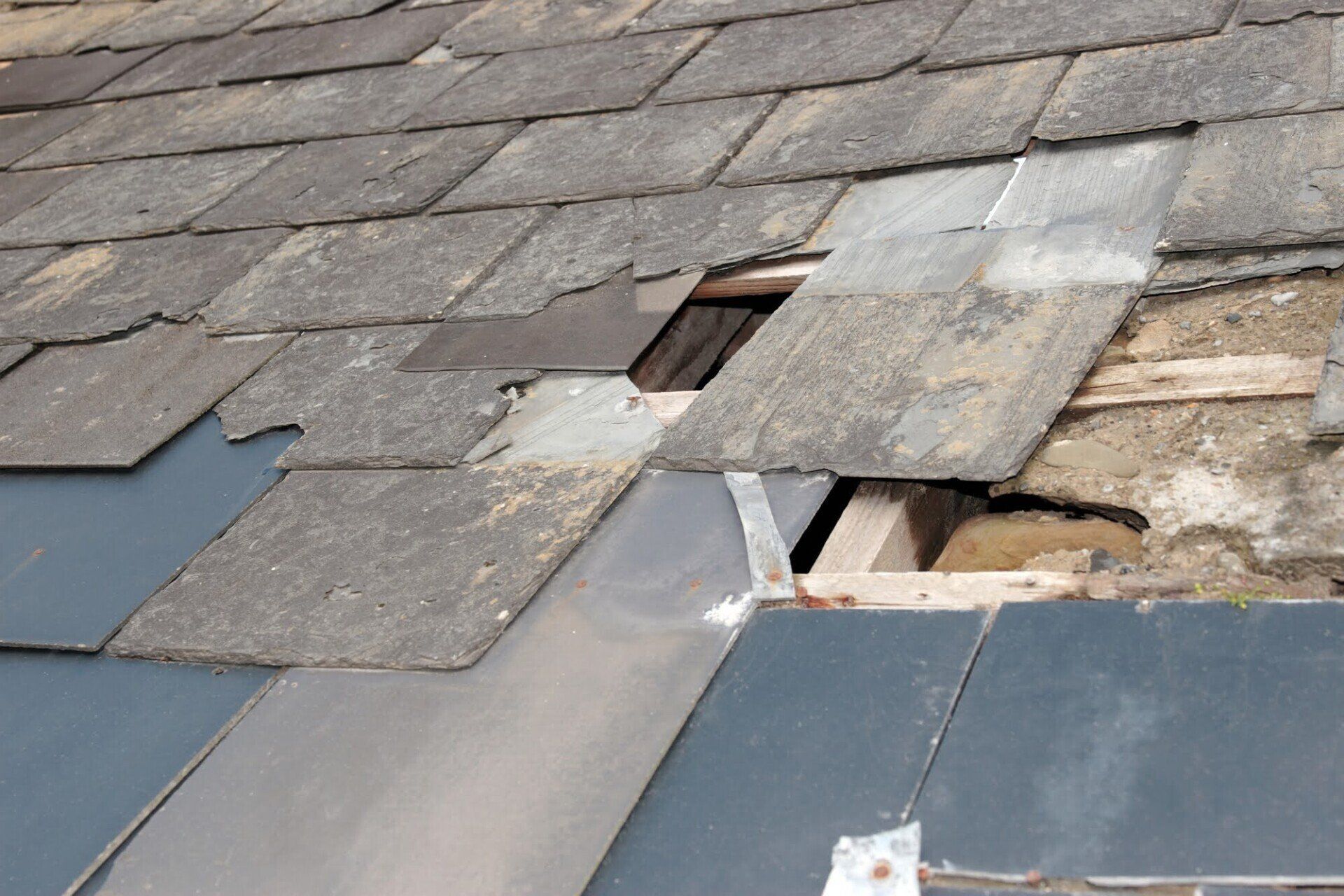5 Potential Solutions for a Loud Roof
Admin • March 9, 2020
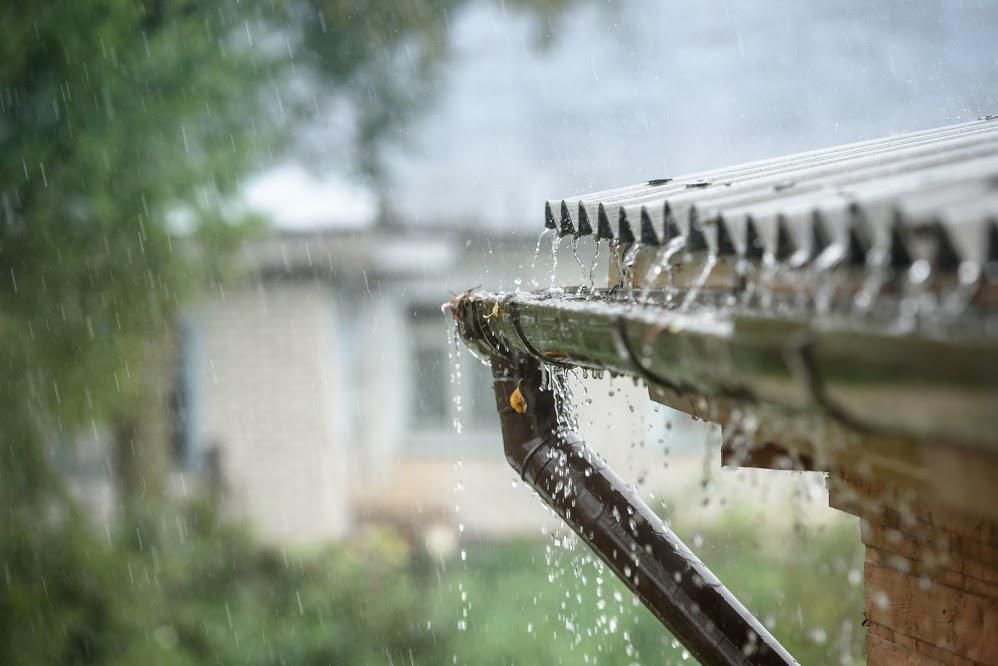
You've probably heard that metal roofs can be noisy in the rain. But in reality, most roof types can develop noise problems. Although some types of roofing provide natural sound deadening (such as tile roofs), others are often noisy in a rainstorm if not well insulated.
If you're very sensitive to noise or spend a lot of time near the roof of your home (or simply live in an area with a lot of hail), the amount of noise coming from your roof may annoy you. If you find this to be the case, talk to your roof contractor about how you can solve your noisy roof problem.
Here are some potential solutions to the noise.
1. Add Attic Insulation
Attic insulation doesn't make your roof less noisy from the outside, but does lessen the amount of noise that transfers through into your living space. So as long as you plan to be indoors during the rainstorm, this can be a very effective solution. Check the amount of insulation currently on your attic floor; boosting it up to an R-40 measurement could help control noise.
However, make sure you check for problems with your current attic insulation first. In some cases, pest damage or water damage could be the reason for your excess noise. Insulation that's ripped up by raccoons or flattened by a leak can't protect as well from temperature changes or sounds.
In a situation with damaged insulation, you'll want to have your insulation completely removed and replaced so it can control noise better. You can also talk to your contractor about whether a different type of insulation might be better at blocking sound.
2. Cushion With Spray Foam
While attic insulation can reduce sound transmission, you can also use spray foam insulation to keep the sound from getting through your roof deck. Spray foam insulation is typically applied to the underside of the roof deck. In fact, you could combine spray foam insulation with your other attic insulation to provide maximum sound insulating properties.
Your roofing contractor can offer a professional application for this type of foam insulation. Make sure you check the manufacturer's warranty before you install spray foam, though. In some cases, spray foam could affect ventilation in such a way that it will void the manufacturer's warranty.
3. Check the Fasteners
Your roof might be creating so much noise because it's not held in place properly. As you can imagine, a roof that's fastened too loosely has more opportunity to vibrate when rain strikes it. These vibrations, when amplified, can become loud sounds.
Make sure you have an expert inspect all your roof's fasteners on a regular basis to ensure that none have come loose or started to leak.
4. Replace the Roof
If none of the other alternatives meet with your approval, you may want to replace the roof altogether. And in some cases, replacement may be the best choice. For instance, if the roof is noisy because it was poorly installed or made with low-quality materials, you may want to replace it with a higher-quality installation that includes sound-deadening underlayment.
5. Add Coating
You can make your new roof less noisy before you install it if you use a sound-deadening coating that helps to absorb vibrations. This material can help to dampen vibrations throughout the life of the roof.
If you're considering this type of treatment, talk to your roof contractor about the pros and cons first. For example, you'll need to know whether this treatment could affect your roof's warranty and how long it will last.
Reviewing these options can help you to decide what to try next in your fight against excess roof noise. Whether you need regular maintenance, problem solving and repairs, or a complete install, All American Roofing can help. Give us a call today to learn more.

